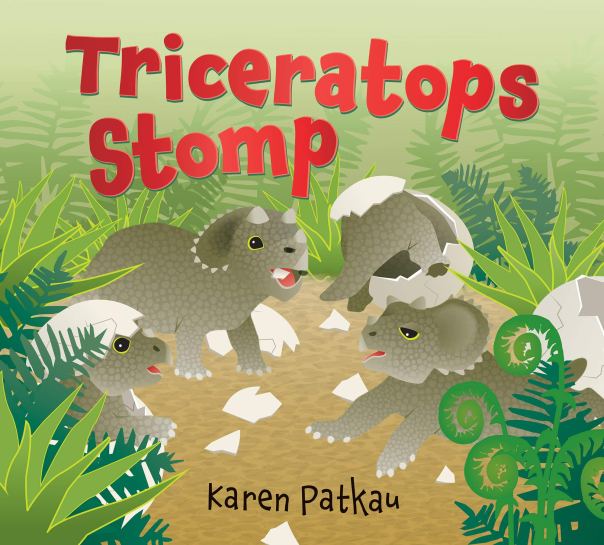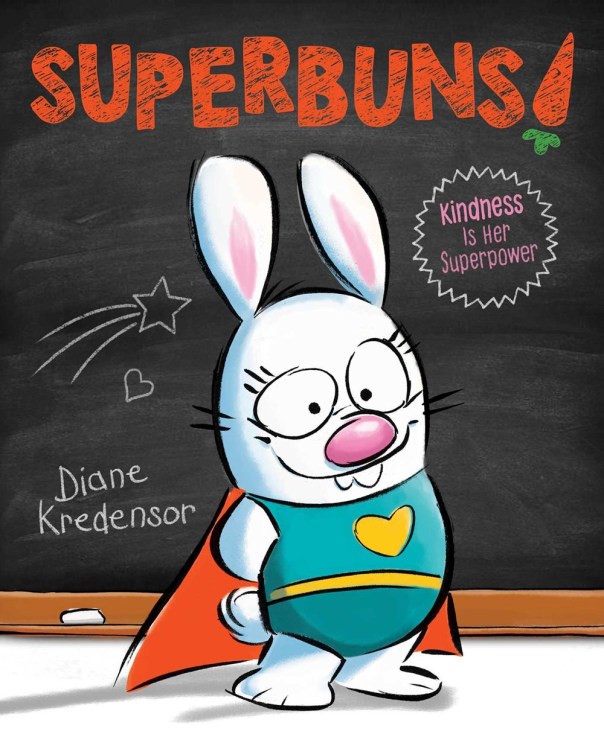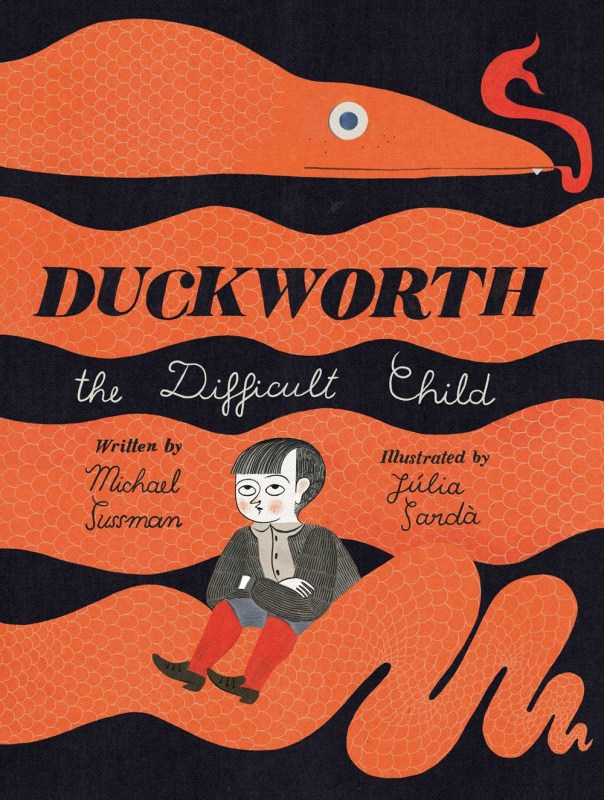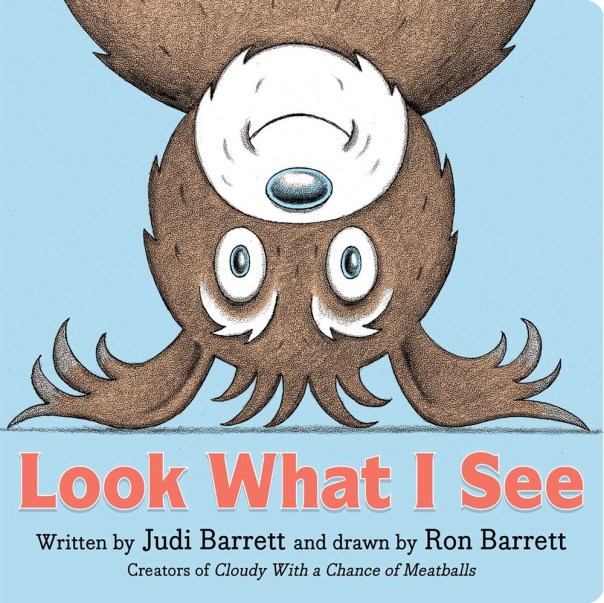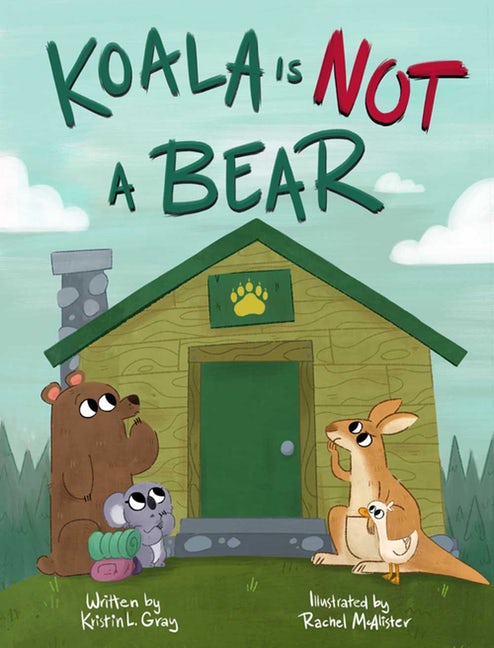Normally, I use this space for featuring children’s literature and their creators. Today, I have to take a moment to pause that in order to reflect on a few things.
Let me start out by saying that a quote from Hillary Clinton’s concession speech has been driving my thoughts. When she was defeated in 2016, she said this, “Never stop believing that fighting for what’s right is worth it.”
I left the elementary classroom in May of 2015. Since then, I have had opportunities to work with undergraduate students who are studying to be teachers, and I have visited as many classrooms as I have been able in order to not grow stale on best practice. I am also a year and a half into my PhD program. I am by no means an expert in the literacy field, but I am sincerely trying to learn all I can to be the best I can in my position.
When I joined Twitter several years ago, it was a wonderful place to connect with other like-minded educators. When I sometimes felt I was on an “island” in my building and had no one to talk best practices with, I could go on Twitter and talk and find new ideas. It was so refreshing and it gave me a breath of renewal when I felt discouraged.
However, in the last few months, I, along with many literacy leaders whom I respect and admire, have come under attack by those who disagree with our beliefs and practices in regards to appropriate reading instruction. Of course, I will always believe that everyone is entitled to their own opinion, but the way we have been treated on Twitter is sad. We have been called names, challenged by one individual in particular time and time again with outrageous and outlandish claims about time for independent reading in the classroom; and when we provided evidence, it was dismissed as not “quality research.”
Recently, two opinion pieces have been published in the NYT by a journalist. Not a teacher. Not a researcher. A journalist. These opinion pieces make the most absurd claims about how classrooms and teachers are failing students (particularly students who are striving). The journalist has been hailed as a hero for shedding light on the problems in the classrooms.
I’ll be the first to admit, there is a lot of garbage happening in classrooms. I don’t know where it comes from- perhaps the desire to be “cute” or “thematic” drives some purposeless activities using up time that could be used so much more meaningfully. Some classrooms are filled with worksheets and other scripted curriculum that really does not accomplish much for readers.
But at the same time, there are many classrooms- and many teachers- who are striving day by day to do the very best for their children. All of their children. In a recent YouTube interview, children’s author/illustrator Tomie dePaola said, “Only the very best is good enough for children.” I believe that with my whole heart, and I know there are so many teachers across the country who believe that as well, and they spend hours preparing meaningful lessons and differentiating material so that all students have a chance to learn and to succeed. Those teachers should be very proud of the work they are doing, and they do not get enough pay or recognition. That’s another topic.
The pieces in the NYT would lead you to believe otherwise. They would lead you to believe that we are somehow failing a majority of the nation’s children. They would lead you to believe some claims that made my jaw drop. The practices they are calling for are outdated and frankly, ridiculous.
The notion that reading is somehow a scientific process is so strange to me. The notion that classrooms have totally done away with deliberate Phonics instruction is so confusing to me.
Reading is not scientific- Reading is an art. Learning to read is not formulaic. Educators welcome such a rich, diverse population of students in their classroom. Students have so many learning styles and abilities. I know so many educators who embrace them, and provide appropriate differentiation and scaffolding in order for these children to succeed. To somehow suggest that there is a formulaic, scientific way to teach reading is so baffling to me. Frankly, if I was in the elementary classroom, and I was forced to teach in a way that is suggested by the NYT pieces, I would quit. It would zap me of my joy and energy, and would suck the pleasure right out of reading. Educators face battles of engaging and motivating readers regularly- there is no right answer, but we are moving closer to uncovering the wonderful ways of ensuring that we are not only sending students who know how to read, but are READERS into the world. It is so refreshing and encouraging to see evidence of this happening across social media.
Phonics never left. Sure, some classrooms no longer isolate instruction with the plaid workbooks. They integrate it across practices like mini lessons, shared reading, guided reading, and conferring- right where it should be. In its natural environment.
I am afraid to put a label on what I (and many of the individuals I respect and admire) would consider to be high quality literacy instruction. I guess, maybe, that label is good enough- High Quality Literacy Instruction. It’s happening in so many places, and we have so many wonderful leaders in our field who are out there traveling across the country working with teachers and classrooms to make sure it happens in even more places. We have teachers who are willing to attend workshops and professional development to shift their thinking in a way that will lead to powerful instruction for all students.
I spoke at a teacher’s conference in Des Moines last week, and I left feeling so hopeful and encouraged. I spoke to two groups who were furiously writing down ideas, book titles, and more that I and their colleagues were sharing.
The NYT pieces would lead you to believe that High Quality Literacy Instruction has been removed from classrooms across America, and that teachers know nothing and are uneducated about what is best for their students. They would lead you to believe that classrooms are wasting precious time and failing our students with special needs. Perhaps such classrooms exist. Perhaps some teachers do need some encouragement and guidance to do better. But an article with blanket statements that made the American education system seem so inadequate is not helpful. Instead, it is harmful.
I did retweet and share some thoughts on Twitter, and was saddened that individuals lowered themselves to name-calling. The number of tweets directed at me this morning was heartbreaking. I was accused of being reckless, being jealous of the journalist, and also being accused of filling prisons and graveyards with illiteracy. Nothing could be further from the truth. It is evident that there are a lot of people are very passionate about this subject. Passion is not a bad thing, but when you use your voice to scream about something so loud and result to name-calling and attacking someone who wants the same thing as you do— the very best– for our children, you’ve gone wrong somewhere.
The NYT opinion pieces have not swayed me or anyone I respect to think any differently. Instead, it has ignited a lot of fiery discussion, and sadly, attacks on leaders who work harder than anyone I know and are on the road, missing their families for much of the year so that they can promote best practices. To send vile tweets to me is one thing, but when you step on the front lines and insinuate these leaders and professionals are wrong and do not want the best for children is inexcusable.
I hope that if you’re still reading, you believe that high quality literacy instruction is not gone, and is not going anywhere. Please proceed with hope that there are so many teachers out there who love children of all types and abilities- and work tirelessly behind the scenes for their success. There are some places where there is some work and encouragement and guidance to be done. But ultimately, we all have a deep desire in our hearts to turn our children into successful, capable, motivated, and empathetic readers. That will never change, no matter how many pieces are written in the NYT.









































